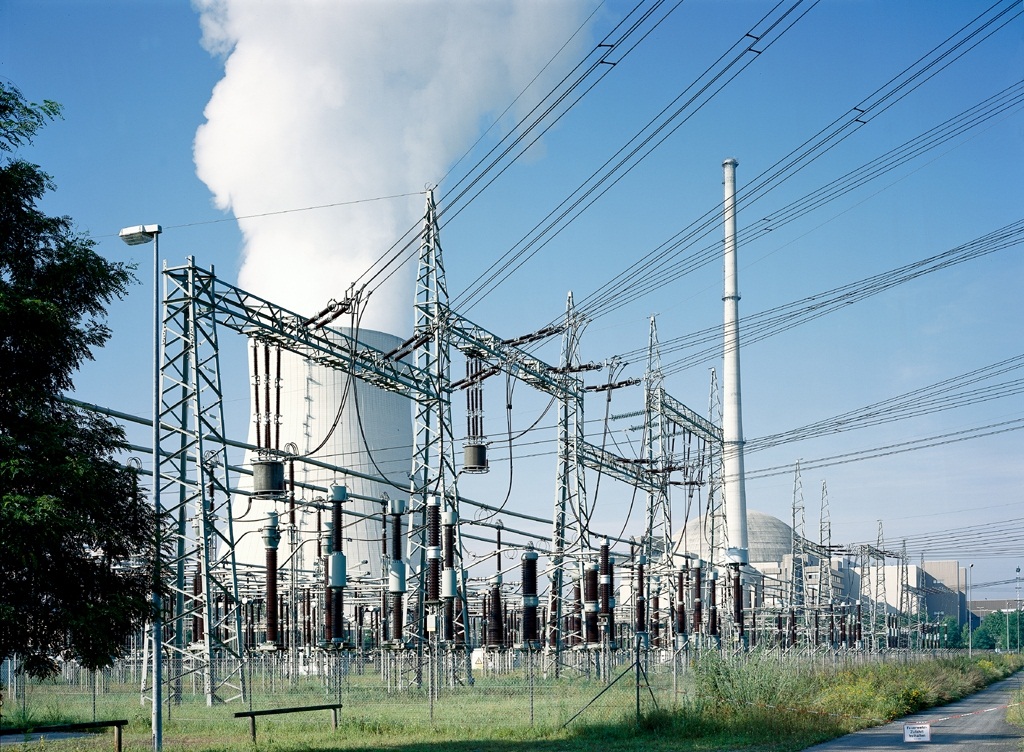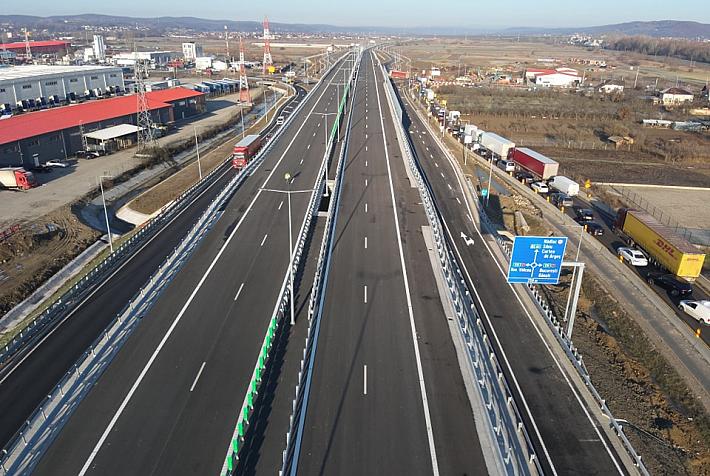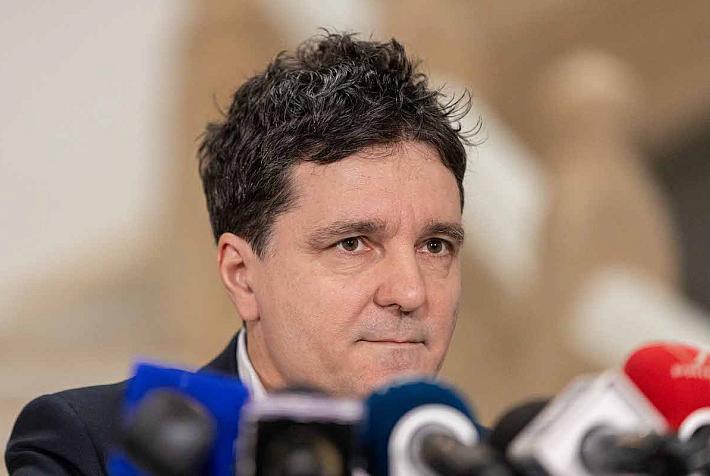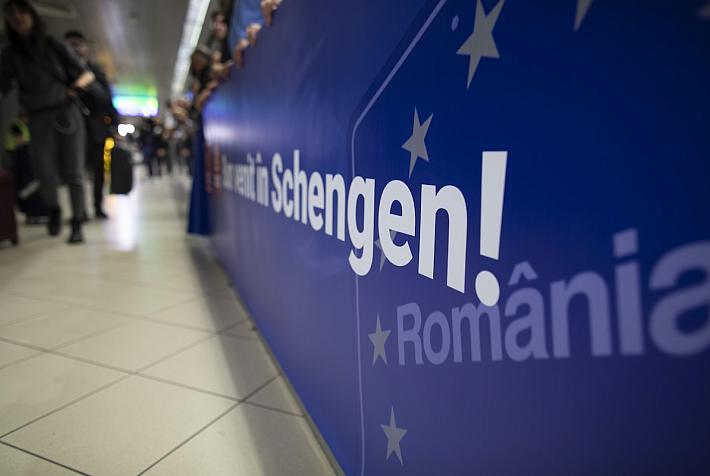Romania's power holdings would trigger price increase; privatizations, transparent market instead, research finds

 The creation of two vertically integrated energy companies in Romania – the planned Electra and Hidroenergetica - would significantly impede competition, crowd out private investment and raise prices, contrary to government claims, according to a recent research study by Candole Partners, which also lists several alternative recommendations.
The creation of two vertically integrated energy companies in Romania – the planned Electra and Hidroenergetica - would significantly impede competition, crowd out private investment and raise prices, contrary to government claims, according to a recent research study by Candole Partners, which also lists several alternative recommendations.
The research study concludes that the real purpose of the move is to save the coal-fired and mining sectors. “Successive Romanian governments have failed to address the problem of inefficient coal-fired generators, which are not competitive due to their high marginal costs of production and which do not meet environmental standards. […] The government hopes that it can maintain employment in the coal-fired and mining sectors through hidden cross-subsidies from hydro and nuclear generation, which are profitable due to their low marginal costs. Costs of that policy will be borne by consumers through higher electricity prices,” according to the report titled 'Double Trouble'.
Moreover, from being one of the more competitive markets in Europe, Romania would become one of the least competitive. “Since both firms would be controlled by a single government agency, there are strong grounds for concerns that the market might become quasi-monopolistic, with no real competition between the two generators, and a high probability of collusion,” writes the Candole report.
As a result of the policy, the duopoly’s mark-ups over what would have been a competitive price would increase from 24 to 127 percent on 2008 prices. “Consumers would bear these costs despite the fact that Romania has a regulated market: The duopoly would be reporting higher than competitive marginal costs, which enter the regulatory formula as justifiable costs, and this would lead to higher consumer prices,” according to Candole Partners.
Instead of creating the two energy conglomerates, Romania's Government should work on creating liquid futures and spot markets, with straightforward and transparent trading rules, and then abolish the regulated market, according to Candole. The state should maintain Hidroelectrica and Nuclearelectrica as independent electricity generators and privatize them, preferably though listing majority stakes, which would generate cash for the state and equity for the two firms. Another recommended move would be to privatize those coal- and gas-fired generators for which there is demand, and leave the rest to fail, according to the Candole report.
The government decided to create two national power giants that will include most of the state-owned energy and coal production assets. Electra will be created through the merger of Rovinari, Turceni and Craiova energy compounds with Societatea Naţională a Lignitului Oltenia (The Oltenia National Lignite Company), Nuclearelectrica, Hidroserv Râmnicu Vâlcea and Hidroelectrica’s subsidiaries in Ramnicu Valcea, Sibiu and Targu Jiu. Hidroenergetica will include Hidroelectrica’s other subsidiaries in Bistriţa, Buzău, Curtea de Argeş, Haţeg, Porţile de Fier, Cluj, Oradea, Sebeş, Slatina and Caransebeş, as well as Hidroserv Bistriţa, Curtea de Argeş, Sebeş, Haţeg, Cluj, Porţile de Fier and Slatina. It will also include Electrocentrale Deva, Electrocentrale Bucureşti, Compania Naţională a Huilei (The National Coal Company), the Paroşeni thermal power plant and the Termoserv Paroşeni subsidiary of Termoelectrica.
By Corina Saceanu, corina@romania-insider.com












